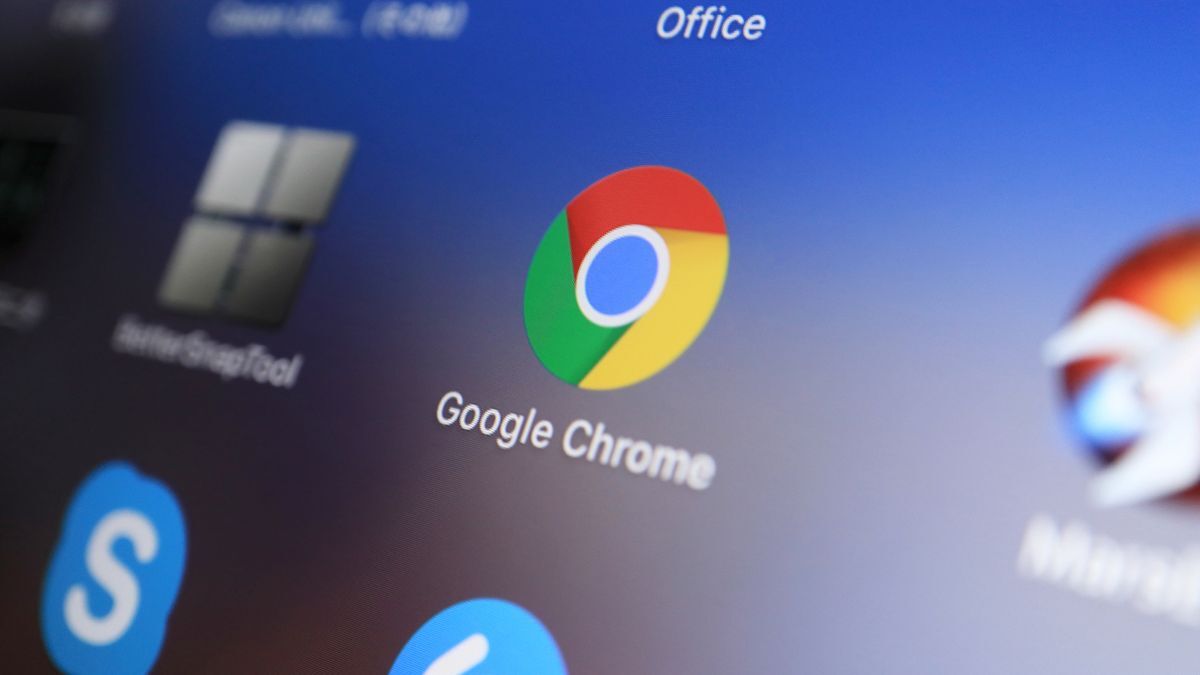Clearly, Google is serious about trying to oust ad blockers from its browser, or at least those extensions with fuller (V2) levels of functionality. One of the crucial twists with V3 is that it prevents the use of remotely hosted code – as a security measure – but this also means ad blockers can’t update their filter lists without going through Google’s review process. What does that mean? Way slower updates for said filters, which hampers the ability of the ad-blocking extension to keep up with the necessary changes to stay effective.
(This isn’t just about browsers, either, as the war on advert dodgers extends to YouTube, too, as we’ve seen in recent months).
At any rate, Google is playing with fire here somewhat – or Firefox, perhaps we should say – as this may be the shove some folks need to get them considering another of the best web browsers out there aside from Chrome. Mozilla, the maker of Firefox, has vowed to maintain support for V2 extensions, while introducing support for V3 alongside to give folks a choice (now there’s a radical idea).



When is this happening? I’ve been telling my wife and kid that they need to stop using chrome for a year, but ublock is still working for them and blocking YouTube ads. They are the type that won’t switch until it becomes a problem for them.
I think that’s the point: Google has been shutting down Manifest V2 extensions one step at a time, and it’s been experimenting with anti-ad-block tech on YouTube with one user group at a time.